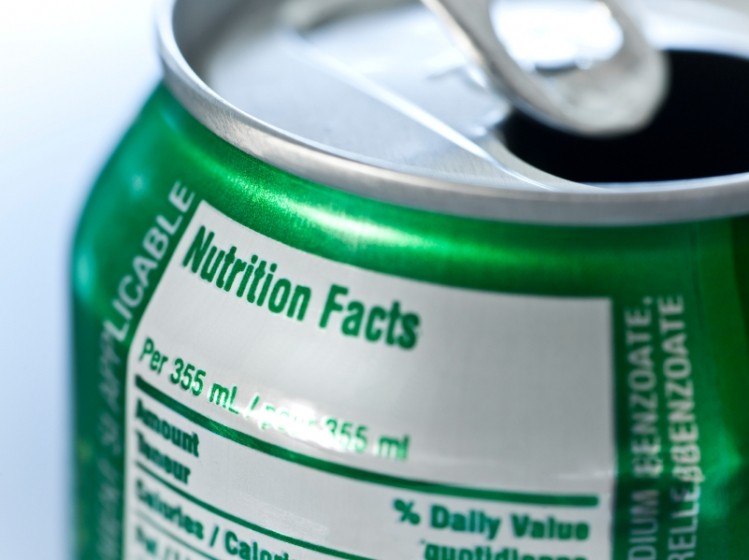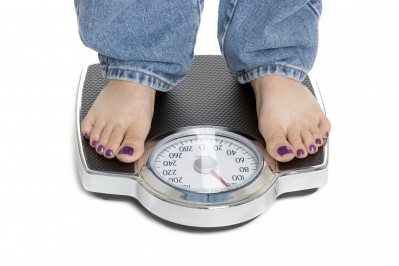As soda consumption decreases, biomarkers of chronic disease risk improve, says new analysis

Analysis of data from the National Health and Nutrition Examination Survey (NHANES) showed that, from 1999-2010, there was a decrease in the consumption of sugar sweetened beverages, and parallel improvements in cholesterol and inflammatory biomarkers.
While the university-funded study shows correlation and not causation, it adds to the increasing body of evidence correlating soft drink consumption to health risk, said Professor Marion Nestle from the Department of Nutrition, Food Studies, and Public Health at New York University.
Commenting independently on the study, Prof Nestle told FoodNavigator-USA: “The study used national dietary intake data to demonstrate statistical correlations between sugary drink consumption and biomarkers of chronic disease risk—low HDL, high LDL, high C-reactive protein. The correlations follow trend lines. The biomarkers improved over time as soda consumption declined. The overall conclusion to be drawn from this study is that it provides further evidence that drinking less sugary soda is a good idea.
“What strikes me about the study is that it is based on NHANES data but independently funded. Coca-Cola sponsored a recent study deeply critical of NHANES methodology. The Coke-sponsored study concludes that NHANES data are so flawed that they cannot be used to set public policy. This present study may have its own methodologic problems but its results are consistent with many other independently funded studies pointing in the same direction.”
Declines
Kerrie Hert and her coworkers explained that, while the consumption of sugar-sweetened beverages increased from the late 1970s to the early 1990s, there has since been a decline. Indeed, the average intake of total added sugars has decreased from 100 grams per day in 1999-2000 to about 77 grams per day in 2007-2008.
“Two-thirds of the decline was due to a decrease in consumption of sodas with added sugars,” they said. Despite the decline, Americans still consume more total added sugars than they did in the late 70s (about 59 grams per day).
Study details
The Fargo-based researchers investigated if these decreases were associated with changes in biomarkers of chronic disease risk.
The data indicated that consumption of sugar-sweetened beverages did indeed decrease during the study period (1999-2010). Decreases were also observed for low-density lipoprotein (LDL) cholesterol, and C-reactive protein, a well-established marker of inflammation. HDL cholesterol levels increased during this time.
A different analysis showed that higher intakes of sugar-sweetened drinks were associated with lower HDL and higher CRP levels.
“The current study did not find significant improvements in prevalence of hypertension or cardiovascular disease; however, the percentage of individuals told by a physician that they had high blood pressure decreased significantly,” wrote the researchers.
“This demonstrates that, while the decrease in sugar-sweetened beverage consumption has not yet had a significant effect on chronic disease prevalence, it appears that it may have an effect on risk factors for chronic disease and may eventually lead to a reduction in prevalence of chronic disease. Reducing one’s average systolic blood pressure by 12-13 mmHg over a four-year period can reduce risk of heart disease by 21%, stroke by 37%, and total cardiovascular death by 25%.”
Hert and her co-authors noted that consumers are increasingly selecting low or zero calorie alternatives. Many initiatives to reduce the consumption of these products by adults and children may have contributed to this. Notably, the American Beverage Association (ABA) adopted a national voluntary policy in 2006 to remove all full-calorie sodas in elementary, middle, and high schools. In addition, ABA members have also launched many reduced- and zero-calorie products, they said.
“Initiatives should continue which encourage decreased intake of sugar-sweetened beverages, including national and local programs and policies. Nutrition education should also focus on sugar-sweetened beverages, along with the incorporation of an overall healthy diet approach.”
Source: Nutrition Research
Published online ahead of print, doi: 10.1016/j.nutres.2013.10.005
“Decreased consumption of sugar-sweetened beverages improved selected biomarkers of chronic disease risk among us adults: 1999-2010”
Authors: K.A. Hert, P.S. Fisk II, Y.S. Rhee, A.R. Brunt





